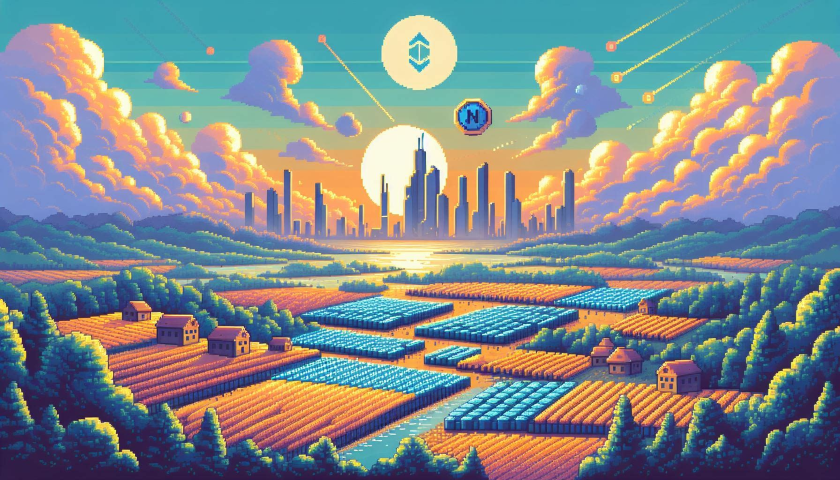
Understanding Non-Fungible Tokens (NFTs)
Understanding Non-Fungible Tokens (NFTs)
What are NFTs?
Non-Fungible Tokens (NFTs) are a unique type of digital asset. Each NFT is distinct and cannot be replicated, which differentiates them from cryptocurrencies like Bitcoin or Ethereum, where each unit is identical.
What Can NFTs Represent?
NFTs can represent a wide array of digital and real-world items, including digital artwork, music, in-game items, videos, and even real-world assets like property rights.
Smart Contracts and Minting NFTs
The creation of NFTs involves the use of smart contracts, which are self-executing contracts with the terms of the agreement directly written into code. These smart contracts are used during the minting process, which is the term used for creating an NFT.
OpenZeppelin Contracts
OpenZeppelin provides a library of open-source smart contracts that are secure and have been thoroughly tested. These contracts are often used for creating NFTs and include implementations of standards like ERC-721 and ERC-1155. OpenZeppelin contracts are considered the gold standard for smart contract development and are used by many in the industry.
Fungible vs Non-Fungible Tokens
Fungible tokens are interchangeable and identical to each other. For instance, cryptocurrencies like Bitcoin or Ethereum are fungible tokens. If you have 1 Bitcoin, it’s the same as any other 1 Bitcoin.
On the other hand, non-fungible tokens (NFTs) are unique and cannot be interchanged with any other token. Each NFT has a distinct value based on its attributes. For example, consider a ticket to a concert. Each ticket (an NFT in this case) is unique based on its specific information such as the seat number, section, and row.
Minting an NFT
Minting an NFT is the process of creating a unique digital asset on a blockchain. This process involves transforming digital data into a unique digital asset, or NFT, that is recorded on the blockchain.
In conclusion, NFTs represent a new frontier in the digital world, offering a unique way to own and trade digital and real-world assets. Through the use of blockchain technology, smart contracts, and standards provided by libraries like OpenZeppelin, NFTs are changing the way we think about ownership and trade in the digital age.